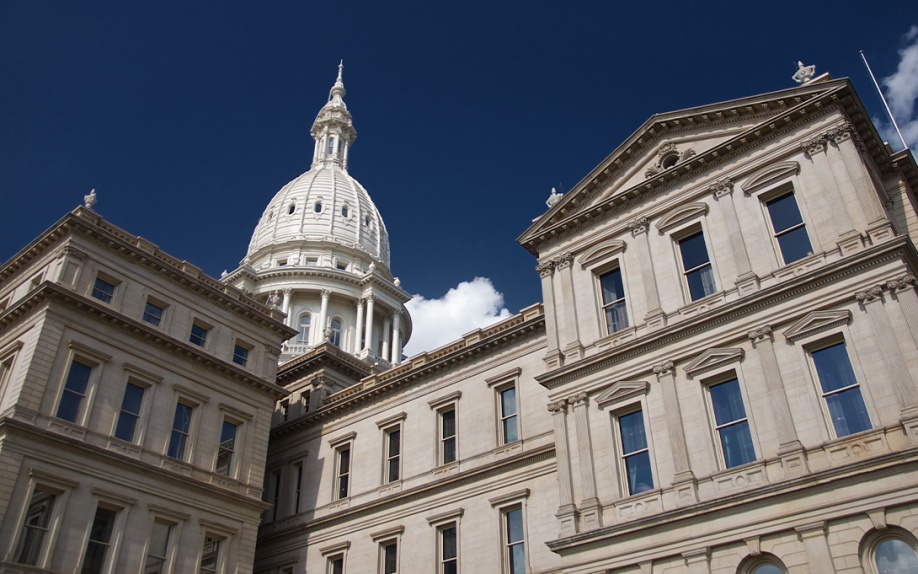The MPPS data have been used to inform lawmakers when the Michigan Townships Association testified on bills. The outcome is legislation that better serves the public interest, accomplishes its intended objective, and avoids unintended outcomes.
Larry Merrill, senior consultant, Public Policy Associates and former executive director of the Michigan Townships Association
Michigan Public Policy Survey
Launched in the wake of the Great Recession in 2009, the Michigan Public Policy Survey (MPPS) is the nation's first ongoing survey of local leaders from all general purpose jurisdictions across an entire state. In Michigan, this comprises the leaders of 1,856 counties, cities, townships, and villages. The program fills an important information gap in the policymaking process. While we knew the policy priorities and views of the state's businesses and citizens from other surveys, before the MPPS we knew very little about the views of the local officials who are so important to the economies and community life throughout Michigan.
Covering a wide variety of today's most important issues, the biannual surveys provide long-term tracking of core fiscal, budgetary, and operational policy over time—as well as covering new issues on each survey wave, such as the COVID-19 pandemic, infrastructure, trust in government, police-community relations, economic development strategies, local government union issues, workforce development, intergovernmental collaboration, energy and environment, and much more.
The MPPS is conducted in partnership with the Michigan Association of Counties, Michigan Municipal League, and Michigan Townships Association.
I appreciate the professional work of the Center for Local, State, and Urban Policy (CLOSUP) and the information included in their public policy survey reports. The survey data is gathered, assembled, and shared logically in a manner that allows for practical application. I focus on the summary and then follow on to the detailed supporting data and illustrative charts. The survey findings and work of CLOSUP are critical tools in our policy development toolbox. We use it in our local municipality to inform, discuss, guide, and develop appropriate policies.
Bud Norman
Find MPPS questions and data
Surveys conducted
28
Response rate
70%+
Questions asked
3363
Have any questions?






